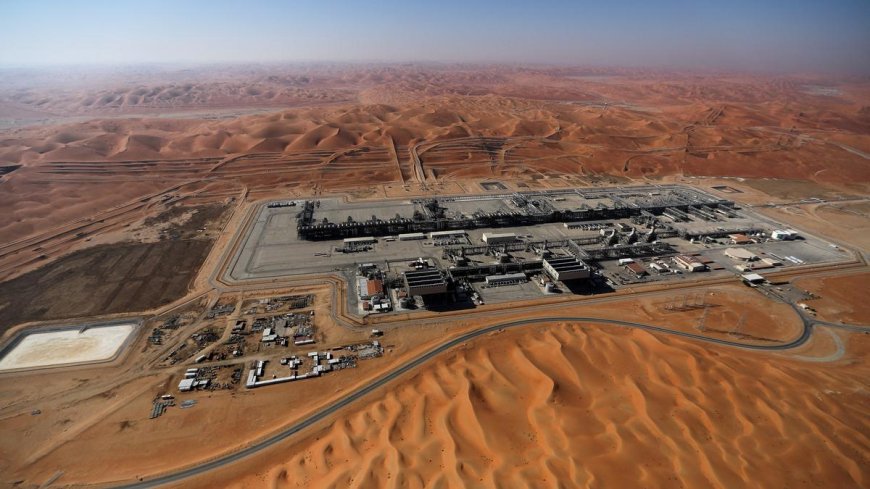The ongoing oil price tensions

The Ongoing Oil Price Tensions: A Shift in Global Demand
Breaking News, Daily Updates & Exclusive Stories - asarkari. In the world of energy, the dynamics of oil prices have taken a notably complex turn. Global oil demand is allegedly approaching a plateau, illuminating the shifting patterns in consumption habits. The International Energy Agency (IEA) projects that oil demand will grow by only 0.73% by 2025, even amid significant price reductions. Once considered speculative, the theory of ‘peak demand’ is gaining credibility, particularly as global consumption may peak before 2030.
Understanding Global Oil Demand Trends
The IEA's forecast highlights a dramatic period of transition for the oil sector. As economies worldwide recover from pandemic-related disruptions, expectations for soaring oil prices seem to be falling flat. While lower prices can often spur higher demand, the forecast highlights a surprising stagnation in consumption growth. The shift towards renewable energy sources, coupled with a greater emphasis on sustainability, is partially driving these trends.
Factors Influencing Oil Prices
Several key factors are at play concerning the ongoing oil price tensions. Firstly, geopolitical tensions in oil-rich regions continue to influence market stability, contributing to price volatility. For instance, developments from OPEC regarding production cuts often result in significant fluctuations in oil prices. Furthermore, the emergence of electric vehicles (EVs) and advancements in alternative energy are changing the narrative around oil dependency.
The Peak Demand Theory Gains Momentum
Two years ago, the notion that global oil consumption might reach its peak before 2030 was met with skepticism. However, recent trends lend considerable weight to this theory. With the IEA's recent predictions and more regions adopting green technologies, discussions on the peak demand theory have gained traction. As countries aim for carbon-neutral targets, the oil industry's historic role might undergo substantial transformation.
The Economic Implications
This evolving landscape of oil demand raises pressing questions about the future of energy economies. For oil-producing nations, a flattening of demand poses potential challenges, including reduced revenues and economic instability. Conversely, nations investing in renewable energy could see a sustained economic advantage, drastically shifting global economic power dynamics. Investors and policymakers must stay vigilant regarding these developments to navigate this transitional period effectively.
Conclusion
As the global community grapples with climate change and economic uncertainty, the ongoing tensions in oil prices and demand highlight an industry at a crossroad. The fading reliance on fossil fuels is evident, pushing both policymakers and consumers toward a more sustainable future. With the IEA's projection of only marginal growth, there is no doubt that the conversation surrounding ‘peak demand’ will grow louder in the coming years. The energy sector's ability to adapt to these developments will shape the future of global economy and environmental policies, as we witness history potentially redefine itself.
For more updates and insights, visit asarkari.com.
Keywords:
oil price tensions, global oil demand, International Energy Agency, peak demand theory, renewable energy, electric vehicles, oil consumption peak, energy economy, climate change impacts, OPEC production cutsWhat's Your Reaction?
 Like
0
Like
0
 Dislike
0
Dislike
0
 Love
0
Love
0
 Funny
0
Funny
0
 Angry
0
Angry
0
 Sad
0
Sad
0
 Wow
0
Wow
0









































